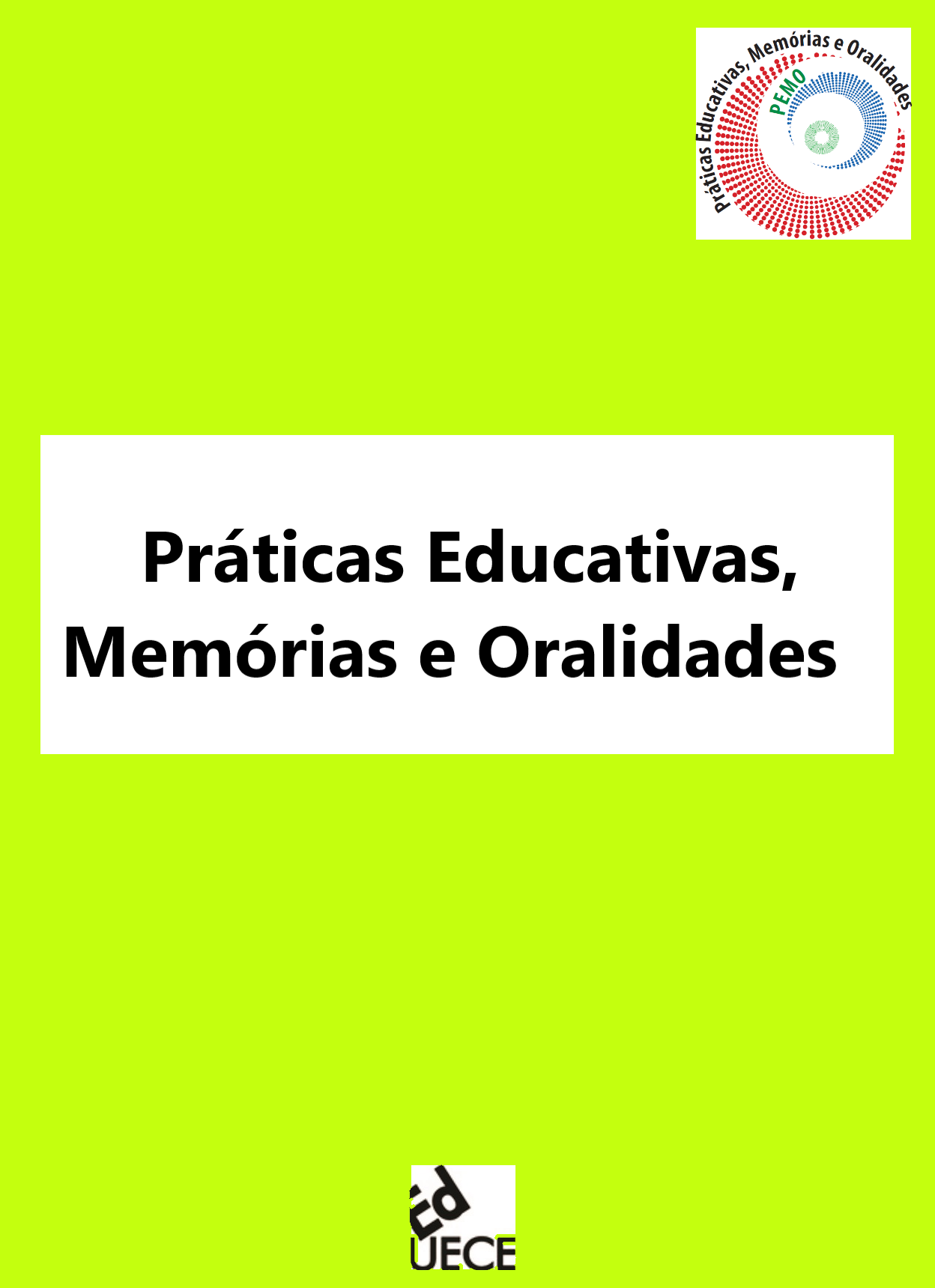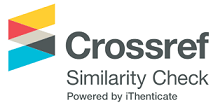Full-Time Education from a Prefissional perspective
DOI:
https://doi.org/10.47149/pemo.v3i1.6190Keywords:
Full-time Education, Professional, High SchoolAbstract
The purpose is to understand the authors' discussions of the state of the issue on the researched topic. Methodologically, a qualitative approach was used. The survey is of the Literature Review type where the survey is State of the Question - (EQ). The databases used: SCIELO, BDTD and CAPES. The discussions pointed out that the education offered for secondary education goes along two lines, one for basic education and the other for technical education. Technical education has leveraged in the country since 2014 with the implementation of PRONATEC. This confirms that secondary education is dual because the student can attend secondary education, or can attend secondary and technical education at the same time. Thus, the categories discussed are at the service of the clientele of young people in training who need to complete their studies and provide themselves with knowledge for the labor market.
Downloads
References
DESLANDES, S. F. Pesquisa social. Teoria, Métodos e criatividade/Suely Ferreira Delandes; Otavio Cruz Neto; Romeu Gomes; Maria Cecilia de Souza Minayo (organizadora).
FERREIRA. Janilce Negreiros Ferreira. O Ensino Médio nas Escolas de Tempo Integral. Dissertação. Programa de Pós-Graduação em Educação. UFAM/2012.
JACOMETT, Márcio. Reflexões sobre o contexto institucional brasileiro contemporâneo e as transformações na educação profissional. Educar, Curitiba, n.32, p.233-250, 2008. UFPR/2008.
LDB: Lei Nº9394/96, de 20 de dezembro de 1996- Diretrizes e Bases da Educação Nacional/ Lei atualizada – Brasília: Senado Federal, Coordenação de Edições Técnicas, 2017. (impresso)
LÜDKE, M.; André, M. E. D. A. Pesquisa em Educação: Abordagens Qualitativas. (Temas básicos de educação e ensino). São Paulo: EPU, 1986.
MESSA, E. C. P. et al. Escola de Tempo Integral versus Formação Humana Integral: Experiências de uma escola do Município de Campinas, São Paulo. Dossiê Cad, CEDES, Campinas, v.39, n.108, p.193-208, maio-ago.,2019. RMC/2019.
PNE. Lei nº 13.005, de 25 de junho de 2014- Plano Nacional de Educação. Brasília: Sistema Nacional de Educação, Legislação Educacional Brasileira. Coordenação de Edições Técnicas, 2014. (impresso)
RODRIGUES J. Ainda a educação politécnica: O novo decreto da educação profissional e a permanência da dualidade estrutural. Trabalho Educação e Saúde, v,3 n.2, p.259-282, 2005/ ESSAY/2005.
LIMA, E.R.S; SILVA, F. N.; SILVA, L.L.S. Trajetória do ensino médio e da educação profissional no Brasil. Holos, Ano 33, Vol.03. UFRN/IFRN/2017.
SILVA, M. R. da; PELISSARI, L. B.; STEIMBACH, A. A. Juventude, escola e trabalho. Educ. Pesquisa. São Paulo, v. 39, n.2, p.403-417, abr./jun.2013. UFPR/2013.
SOSTISSO, I. A educação integral em tempo integral: as interfaces e os desafios / Inês Sostisso. – Ijuí, 2019.
MELO, T. G.S.; MOURA, D. H. PNE (2001‐2010), PNE (2014-2024): orientações para a Educação Profissional no Brasil. Holos, n. 33, v. 03, 2017.
THERRIEN-NÓBREGA, S. M.; THERRIEN, J. O estado da questão: aportes teórico-metodológicos e relatos de sua produção em trabalhos científicos. In: FARIAS, I. M. S.; NUNES, J. B. C.; NÓBREGA-TERRIEN, S. M. (Orgs.). Pesquisa científica para iniciantes: caminhando no labirinto. Fortaleza: UECE, 2010.p. 33-51.
Downloads
Published
How to Cite
Issue
Section
License
Copyright (c) 2021 Cidinéia Maria Marques Tavares; Marlene de Souza da Cunha; Maria Rosete Ferreira do Amaral

This work is licensed under a Creative Commons Attribution 4.0 International License.













